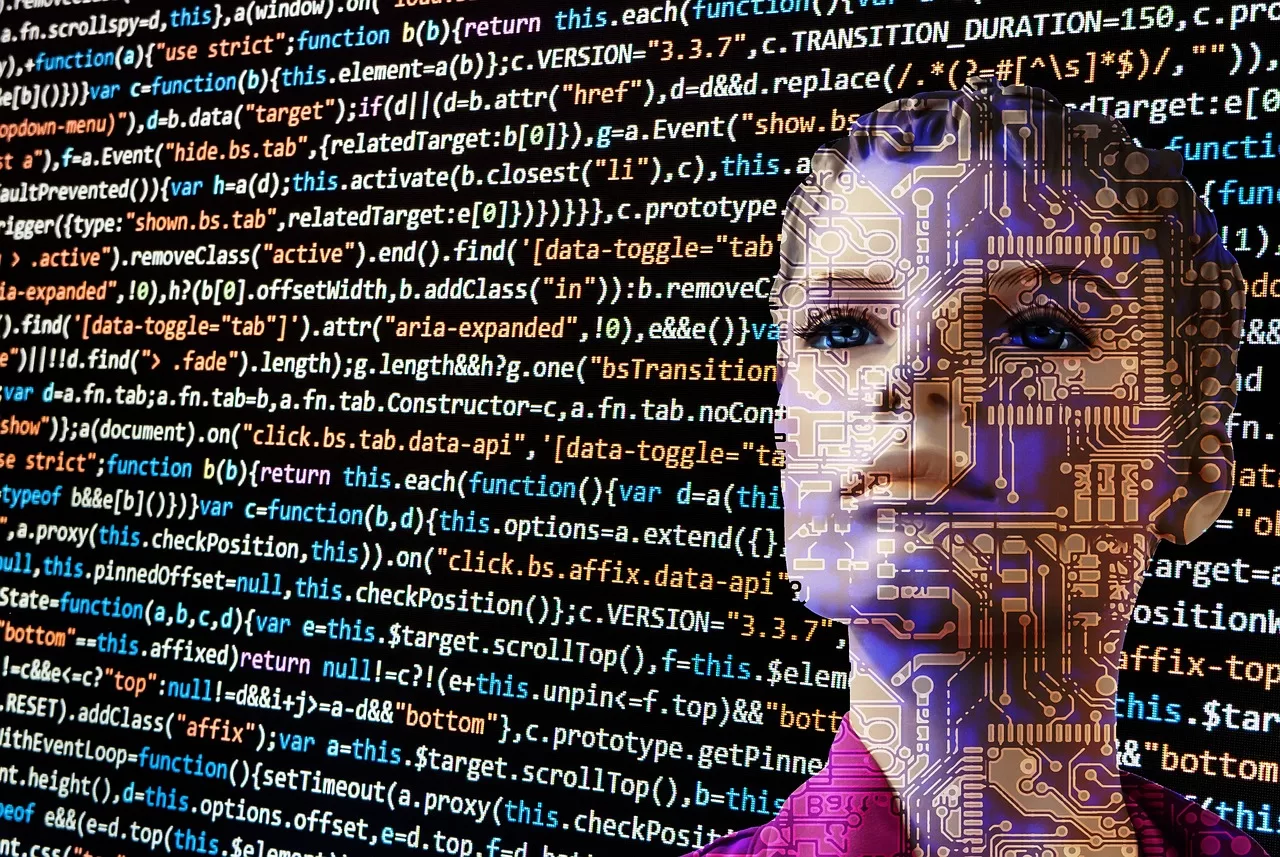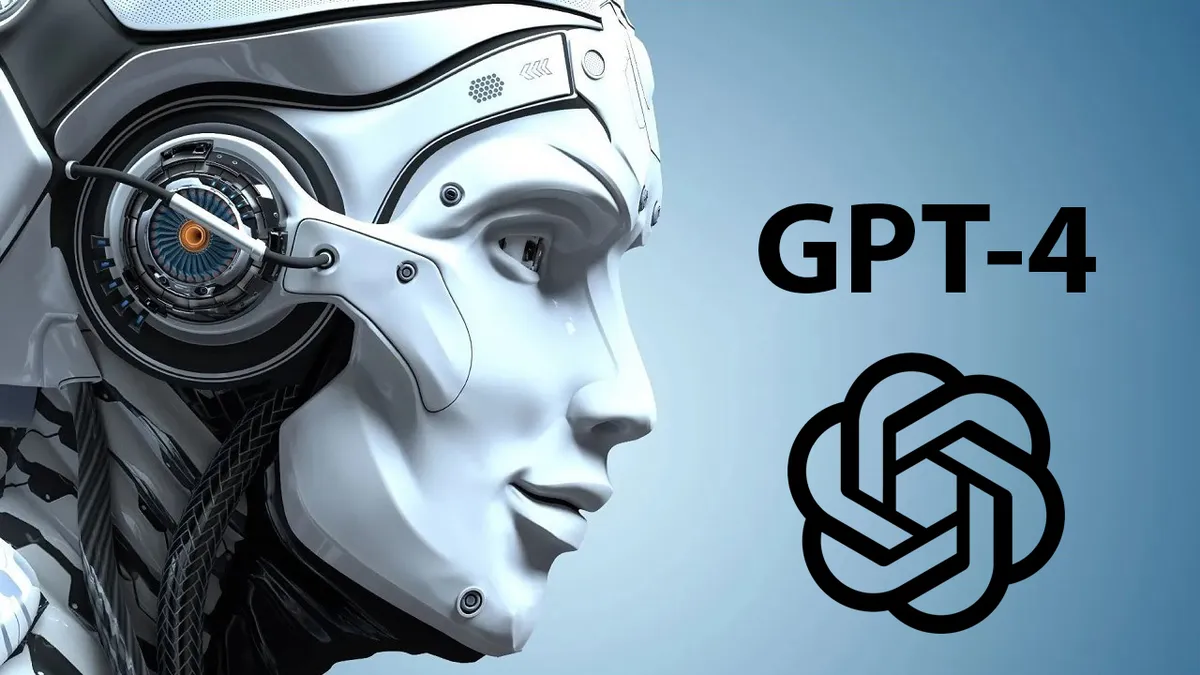No products in the cart.
Artificial Intelligence (AI) has rapidly transformed numerous industries over the past decade, and the field of content ...
Artificial intelligence (AI) is transforming the world of digital marketing in many ways. AI can help marketers optimize their campaigns, personalize their content, generate new leads, and improve their conversions.
The rapid advancements in artificial intelligence (AI) have opened up new horizons for marketers. From chatbots to predictive analytics, AI is used to automate tasks, personalize campaigns, and improve ROI.
Artificial intelligence (AI) is revolutionizing the world of marketing, including the emerging field of AI Marketing. By...
ChatGPT is an amazing AI chatbot that can provide you with instant answers, creative inspiration, and new knowledge. It is also a friendly and intelligent companion that can chat with you on any topic and in any language.
According to the World Bank, there are 7.41 million micro, small, and medium enterprises (MSMEs) in Kenya, employing over 14.1 million people. With these numbers in mind, MSMEs are crucial to job creation and increased productivity in Kenya and beyond. But businesses must think quickly about how digital technology can scale operations and boost productivity.
AI is now being used in many aspects of our lives and is transforming how we create content.
Artificial intelligence has become increasingly prevalent in our daily lives, with every device we own has some automated function. Computers have been doing simple tasks for years, but now they are capable of more complex tasks that require thinking about problems and strategies.
Artificial intelligence is rapidly transforming the digital marketing landscape by enabling businesses to personalize their messaging and optimize their ad targeting like never before. As a result, more and more companies are leveraging it to improve their marketing strategies and stay ahead of the competition.
By harnessing the power of machine learning and data analysis, businesses can now create highly targeted campaigns optimized for maximum impact. Therefore, helping them connect with customers more meaningfully and ultimately driving higher conversions and revenue.
Digital marketing trends is continuously transforming how businesses promote and sell their products or services. With i...
Web 3.0 is a term often used to refer to the third generation of the World Wide Web. It is characterized by the use of advanced technologies such as artificial intelligence and semantic web technologies, which enable the creation of more intelligent and interactive web applications.






